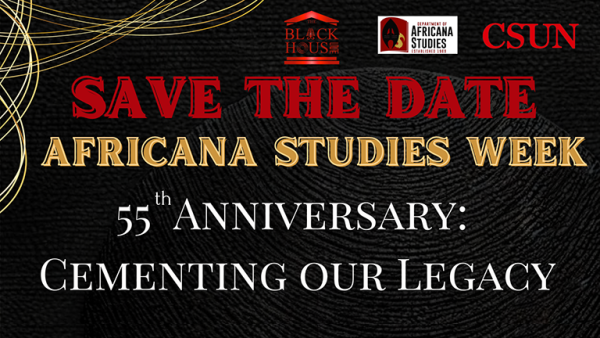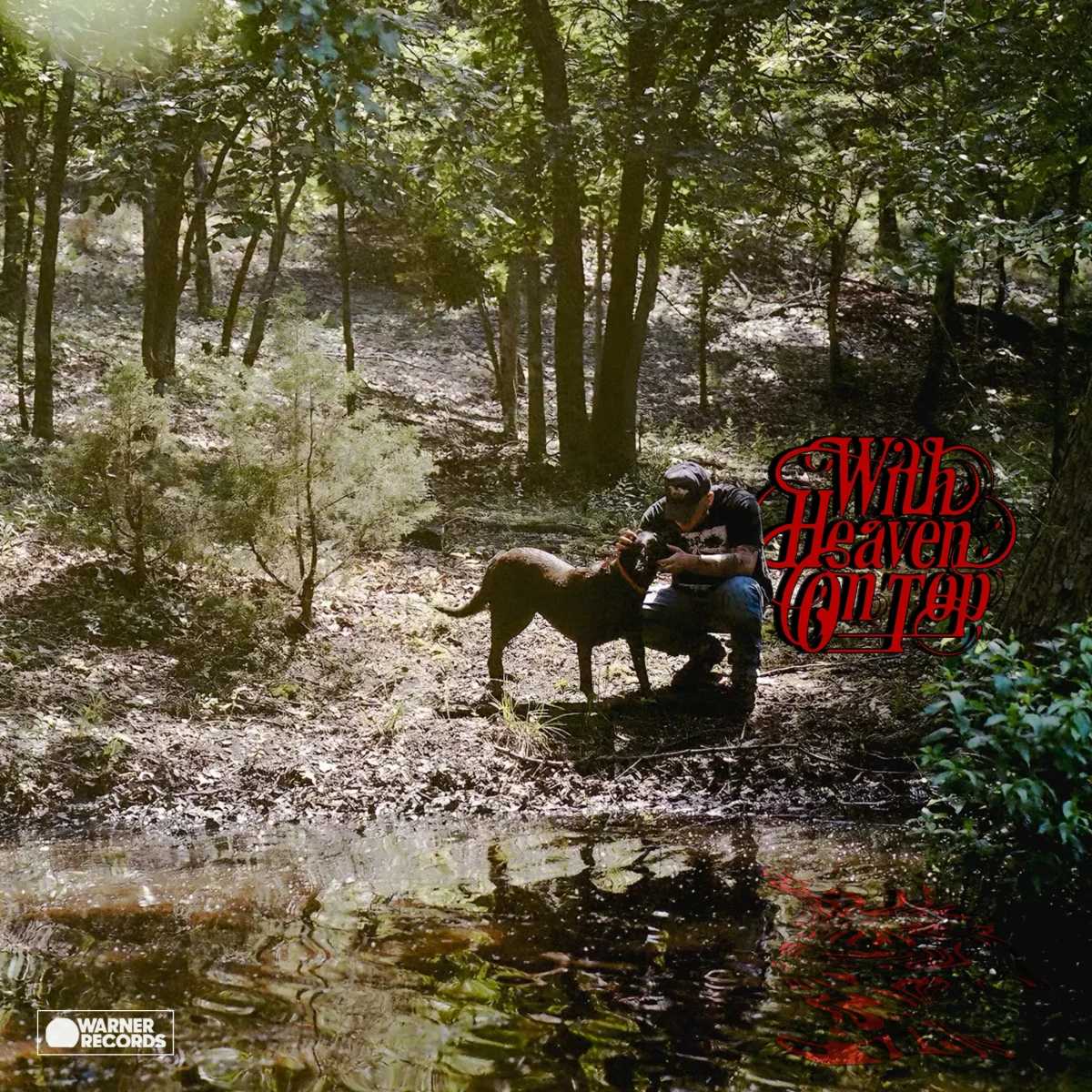The CSUN African Studies Department hosted a lecture and alumni panel during this year’s Africana Studies Week, celebrating past achievements and legacies while inspiring students to build a stronger future. This event aimed to connect Africana Studies alumni with current students offering stories and advice from alumni on their professional journey.
Panelists included Tyrone “T-Fox” Fox, director at MESA Engineering Program at California State University, Los Angeles; Dynasty Taylor, founder and CEO of Dynasty’s United Youth Association; Shanté Morgan CSU Lecturer and activist; Patrick Johnson CSUN assistant director for Residential Life; and Dr. Carroll Brown III, CSUN professor and president of Black Alumni Association. The panel was moderated by professor Dr. Lizbeth Gant Britton.

The event was introduced by Department Chair, Dr. Marquita Gammage and Dr. Cedric Hackett, associate professor and director of CSUN’s DuBois-Hamer Institute for Academic Achievement (DHIAA), which empowers underrepresented and marginalized student communities. In a keynote address by former Africana Studies Chair, Dr. Selase Williams, Dr. Hackett covered the history of African American activism and achievements, highlighting the icons and movements that paved the way for the modern era. He also spoke on the legacy of retaliation against black progress, and how it continues to impact the community today.
“We’re commemorating the founding of our department, but we also must celebrate our current faculty, our current staff, our current students—who continue to work with resilience and vision,” said Hackett. “And it’s essential that our department not only persists but expands its scope and mission to address the emerging issues facing society.”
The panelists shared their experiences in Africana Studies and shared how the department shaped their identities and careers.
“I came in as a journalism major, and I was ready to change the world with just my stories. And then I started taking classes, and at that time the Pan African Studies Department, and I discovered my true self,” said Morgan. “I didn’t know all of my history and that’s where I began to really understand my vision. And I began to understand my legacy and my purpose.”
“When I speak, I can speak with confidence and competence. So I don’t ever have to let anybody put me down because I know who I am, and that’s what I got from our Pan African Studies Department,” said Fox.
“My experience here at CSUN shaped who I am today. It shaped my career path, it shaped my trajectory,” said Johnson. “Folks like Dr. Hackett, folks like Dr. Victoria Richards… They shaped who I am because they’re able to bestow on you the knowledge and experiences that they shared, and they can reflect, and sometimes you just have to take the time to listen.”
Panelists also emphasized the power of using one’s voice to advocate for change.
“As I teach my students, I say you have a lot of power, and that you should use your power and voice to call it out. Because that’s what has happened in our legacy,” said Morgan. “You have poor mothers and poor fathers, that they didn’t just stand, they called it out. They spoke out and called for change, and so that is power.”
Johnson explained, “You have to advocate for yourself. You have to say what you want and speak it into existence. The power of your tongue is important.”
Panelists encourage students to embrace their identity saying they represent their communities whenever they step into a room.
“You have to speak with authority. You have to understand [what] you know and who you represent, every time that you step into the room. It looks like confidence in what you do. It’s unshakable, it’s unapologetic. It’s locs, pressed hair, it’s braids, and still being able to hold it down because you know where you come from,” said Brown.
“It’s an ever-changing revolutionary goal for you to grow as a person and when you leave this room, you have to make sure that you’re doing yourself a justice by reflecting and pushing yourself to learn from those obstacles that you’re facing each and every semester,” said Johnson.
Taylor, shared her story of growing up in South Los Angeles to founding her nonprofit organization.
“I started my non-profit at 23 because I knew how it felt to be alone in this world, and I knew how it felt to not have [anybody] to go to. And I wanted to create a program where students can be able to build their character, but also build their values, their boundaries and figure out who they are. And our mission is to help students rise from poverty to prosperity,” said Taylor.
The event highlighted the past and future of Africana Studies, with speakers sharing how the department’s support and guidance helped shape their path.
For more events and information about the Africana Studies Department.











